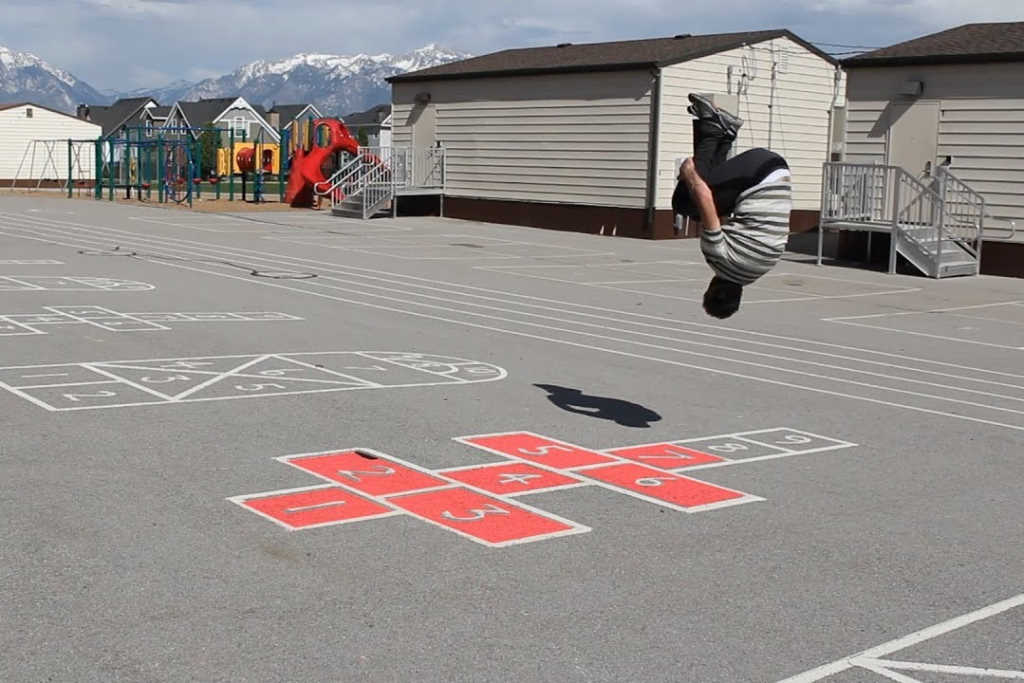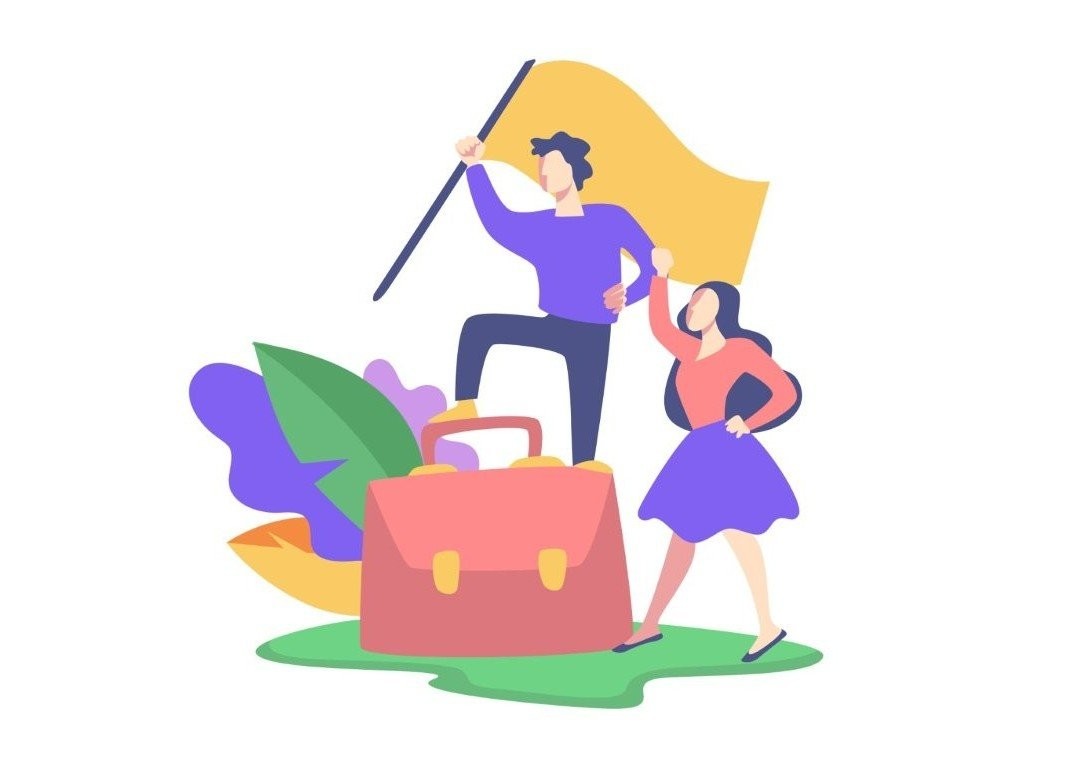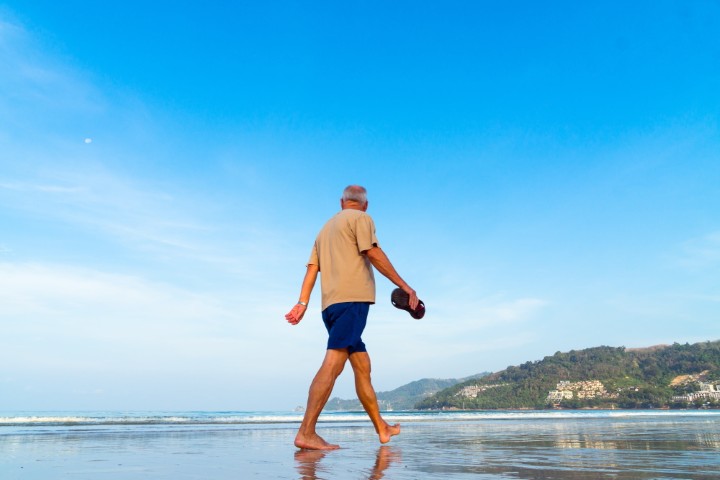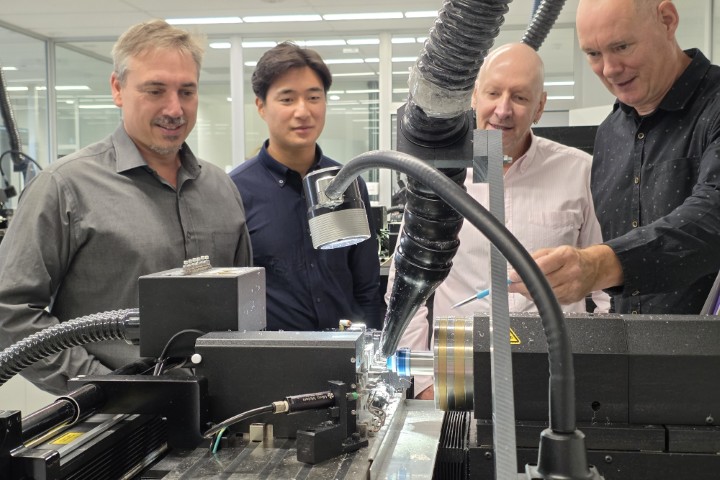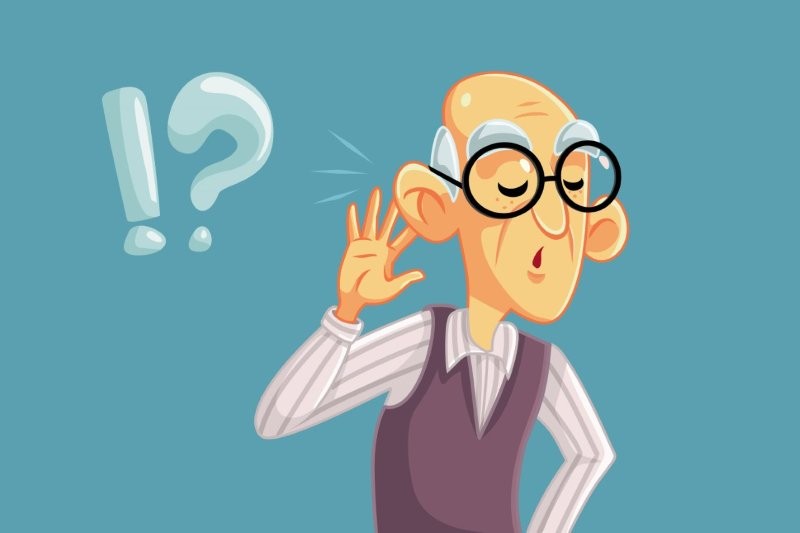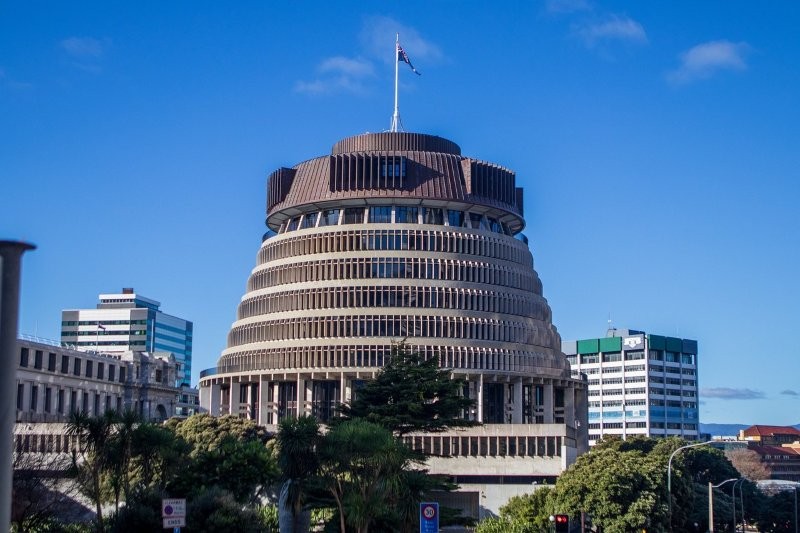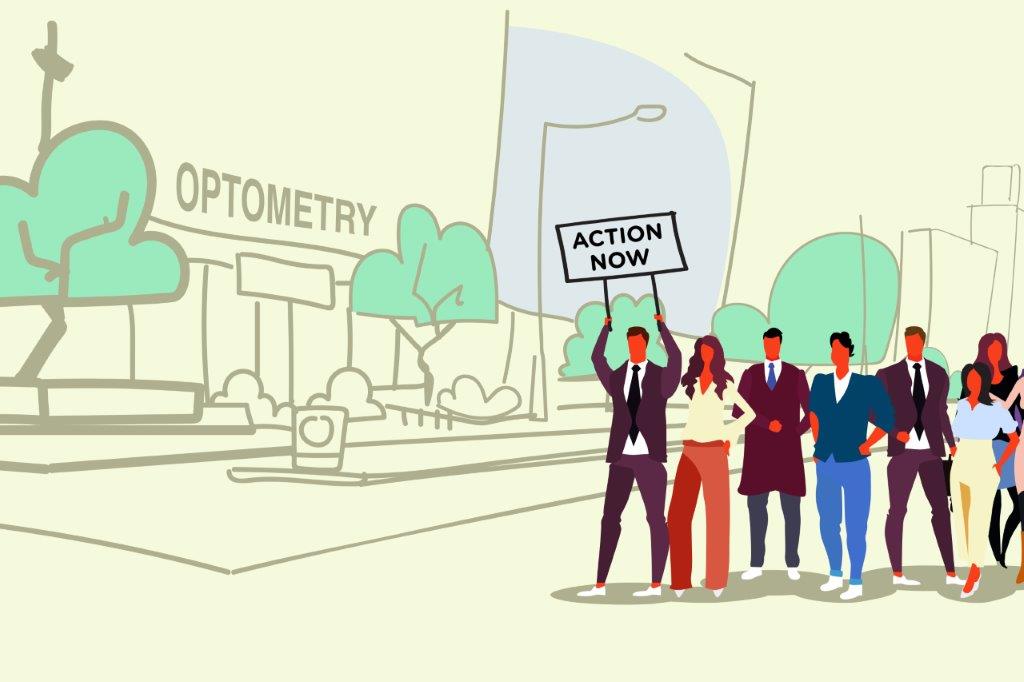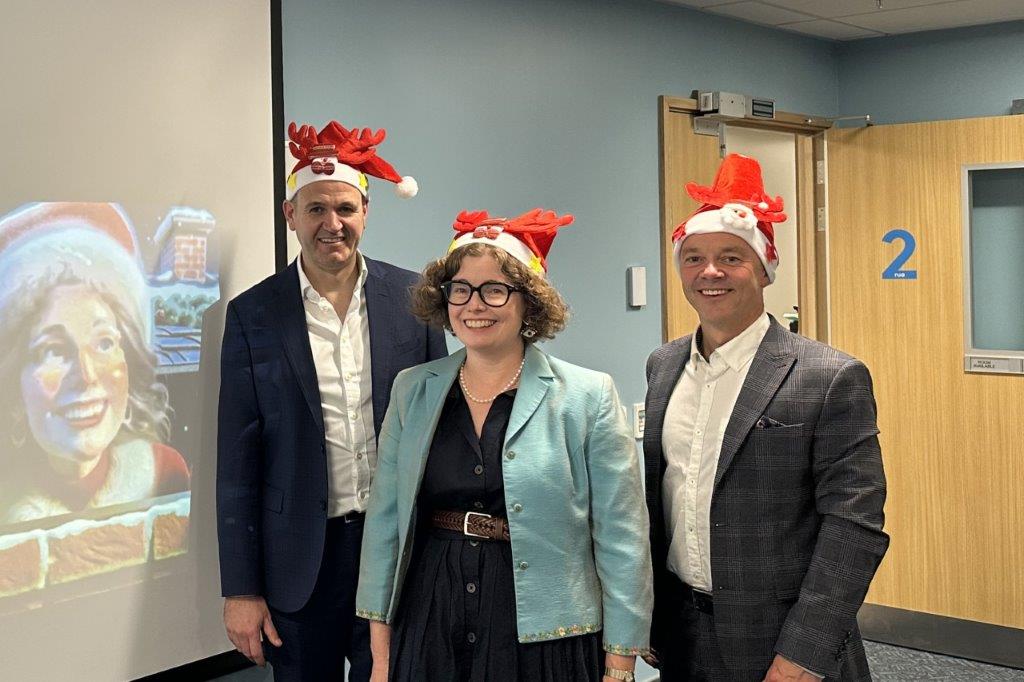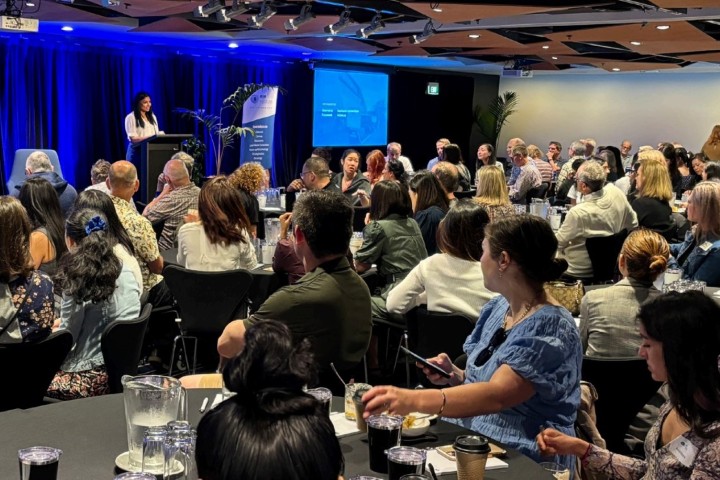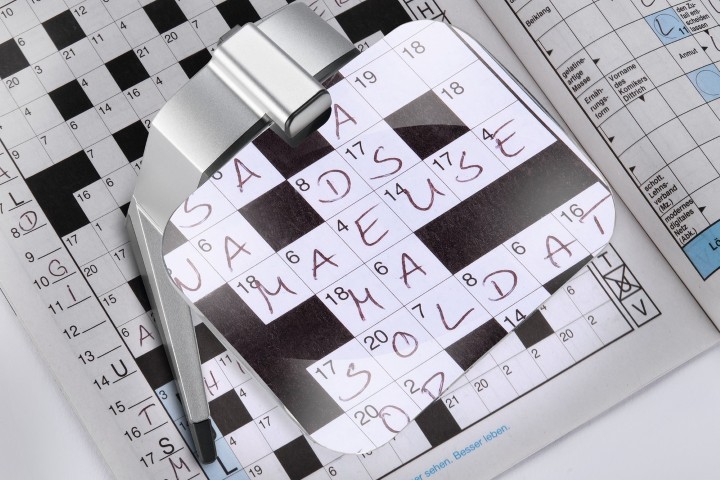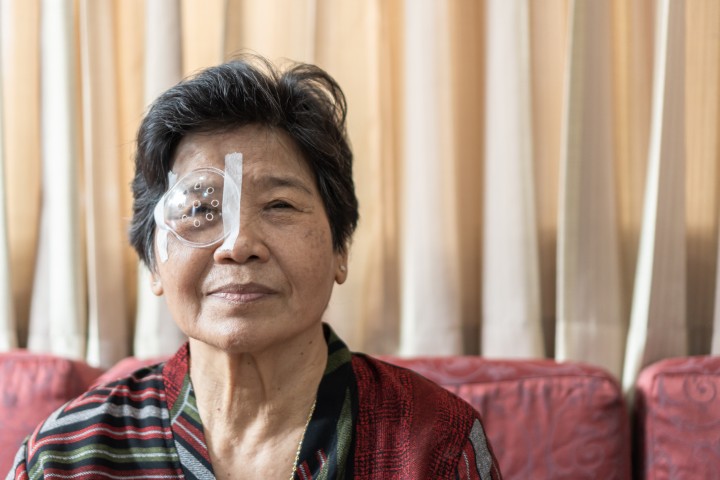Chalkeyes presents: A great hop, skip and jump forward
Ingenious adaptation came to our neighborhood during lockdown number two, on a footpath, beneath the pretty trees.
In the school playground, the hopscotch grids are chalked out in the conventional fashion: six single squares and one double. But on this street, someone had made one that was 300 squares long, reaching halfway down the street. Who did this? Parents in need of sustained child diversion? An ingenious au pair? An intrepid bunch of kids?
For reasons great and small we find it necessary to adapt.
Once, on holiday, my friends and I found ourselves snowed in for four days on a mountain, with only magazines, beer and a pack of cards for company. Around and around the table we went, round after round of 500; round after round of beer. By the third day we were needing to make it more interesting. So, we changed it from 500 to 5000. Given the diminished risk of going out the backdoor with a wild bid, l took that as licence to go 10 no-trumps without joker. Here we find a nice illustration of the concept of the moral hazard. The kitty was turned over, and there was the Joker, providing undeniable proof that I had taken a ludicrous risk. Two players laughed, one was hugely and noisily indignant; he felt I wasn’t taking it seriously.
We adapt; sometimes just to pass the time, sometimes because everything in the world is riding on it.
Adaptation is everything at the moment, and for months and perhaps years to come - adapting to not being able to go anywhere; adapting to revenue drying up; adapting to having no work at all and what next?
A decent amount of adaptation can do a great deal for the common good. A good proportion of the economy is running at normal levels. The better job we can do of finding ways to support the parts that are not, the happier it will be for us all. The person who goes to Turangi and Te Anau to spend the money they were going to take to Tuscany would be an obvious example, but there are many possibilities we could be considering.
The human capacity for adaptation is vast. We don’t always rush towards it but, equally, we’re able to grow accustomed, quite quickly, to changes we’d have never remotely imagined might become our habit.
With this virus (and perhaps others to come) as our constant, unwelcome companion, is it possible we'll forever maintain a little more distance indoors? Could we be taking masks with us as routinely as gents once wore a fedora and ladies a scarf?
Public behaviour can change in large ways in the light of new understanding. Things we take for granted - the hand washing, the public sanitation, the recognition of the importance of clean, bacteria-free spaces - all came into practice in the 19th century, as it came to be understood that filth enables disease to ravage us.
What might change forever in the light of what we've learned through this? Could this be the point at which we reconsider other assumptions and make other lasting changes?
Might we remake tourism? Might we take a lesson from the reaction of local tourists who have been taking the place of absent foreign ones? What if much of what we have been offering our four million tourists is maybe not all that good? What if those tourist offerings were really only flourishing because people who had come 10,000 miles were thinking with a defeated shrug that if you've come all this way you might as well look at it.
If that’s now being tested in a market where local tourists are more likely to say ‘no thanks’ if they don't like it, might this be a chance to get the wheels moving in new, more successful ways?
What about local manufacturing? We have many very capable manufacturers who will never be as cost competitive as the factories in China, but whose work is excellent and who can assure us of supply. Might this be the moment to reconsider assumptions about supporting local manufacturing and doing some import substitution for the greater common good?
The climate crisis is no less grave than it was before we put on our masks. Imagine if we were to prove so ingenious at adapting to that, we found ourselves living in a better world. It’s not child’s play, but it’s a game you sure would hope to win.
David Slack is an Auckland-based author, radio and TV commentator and speechwriter.










